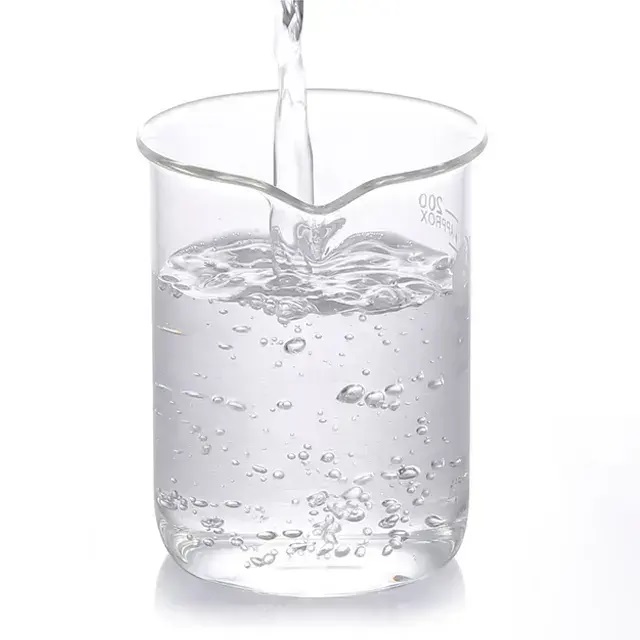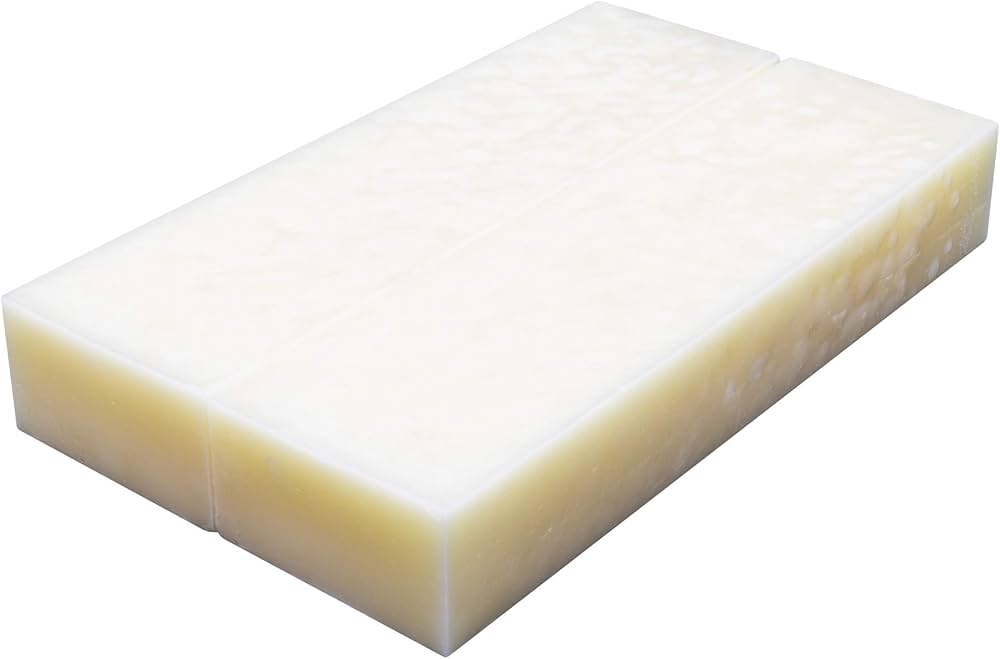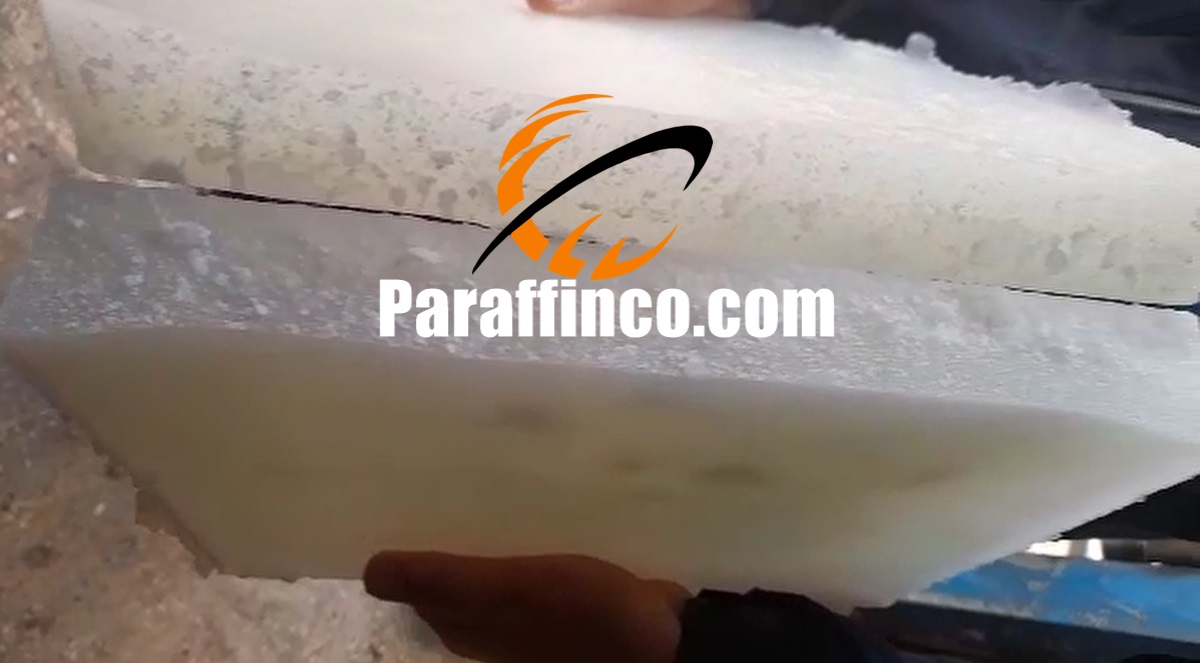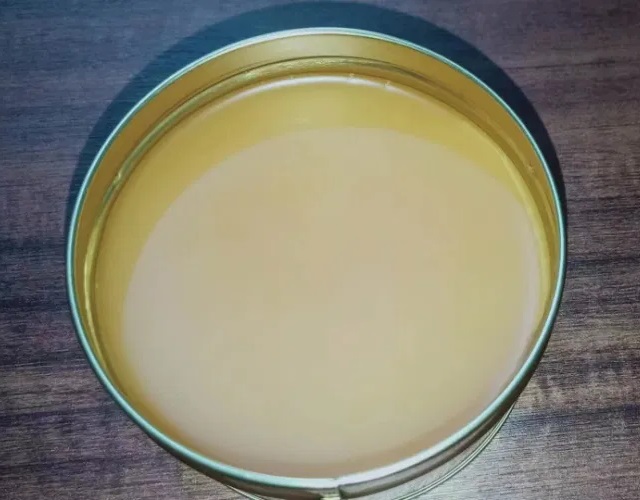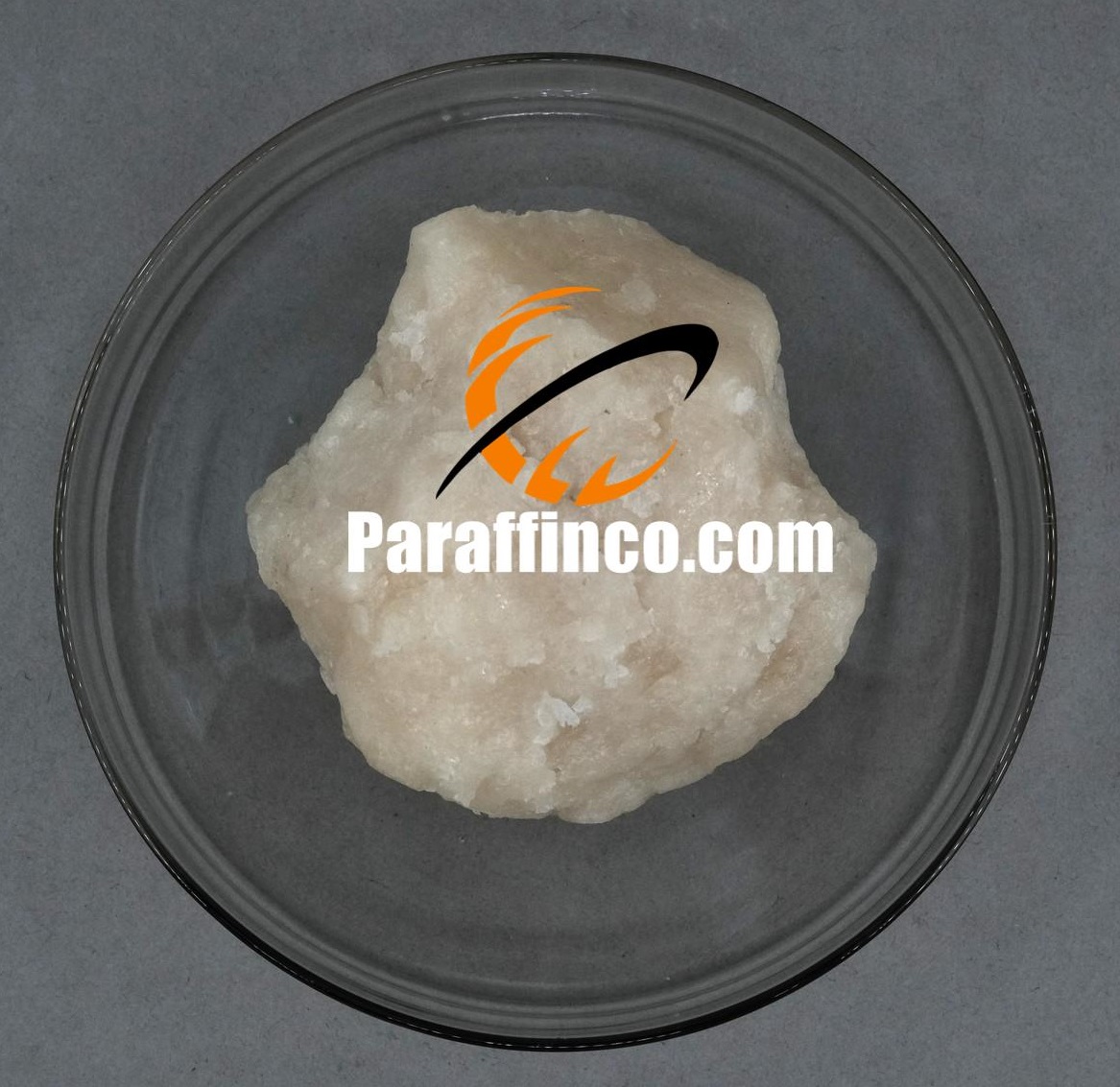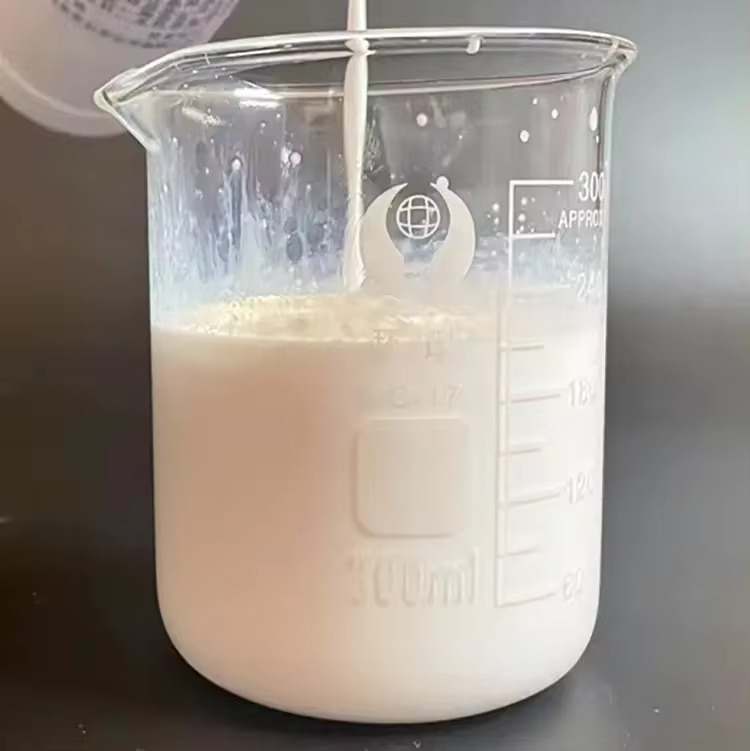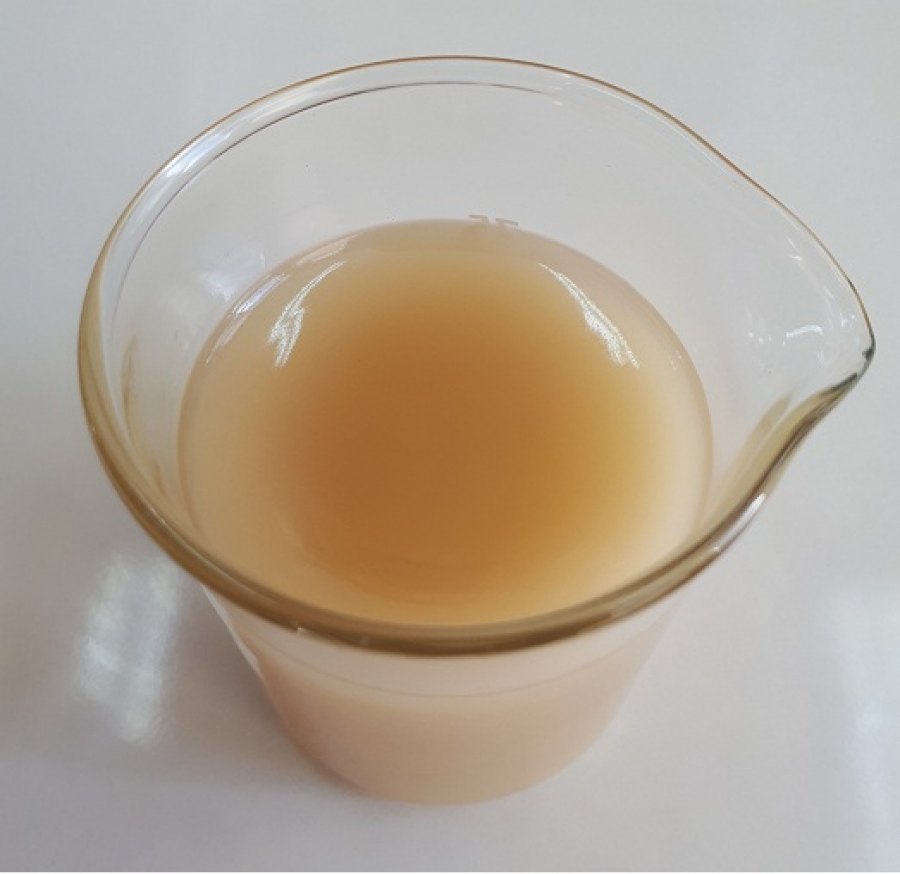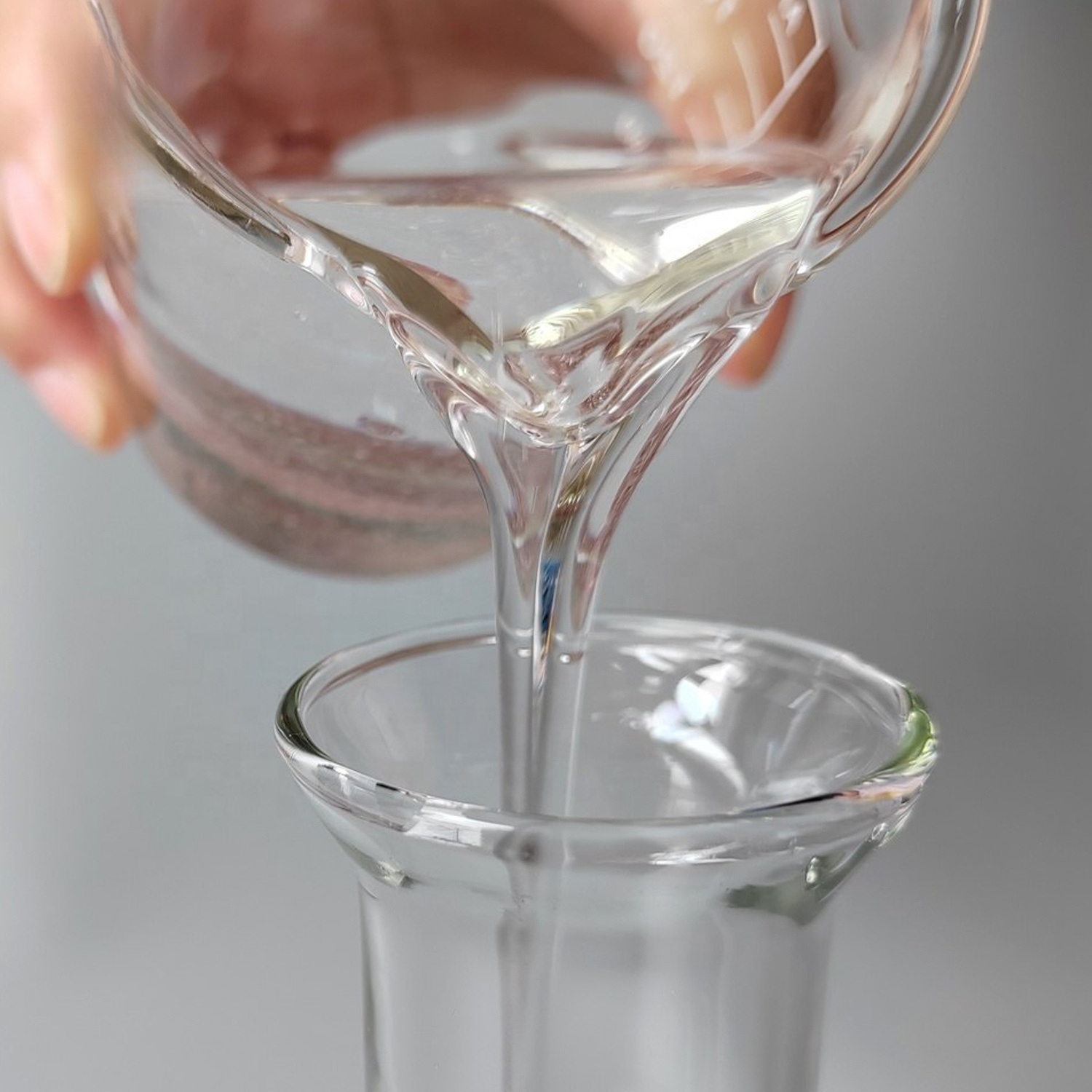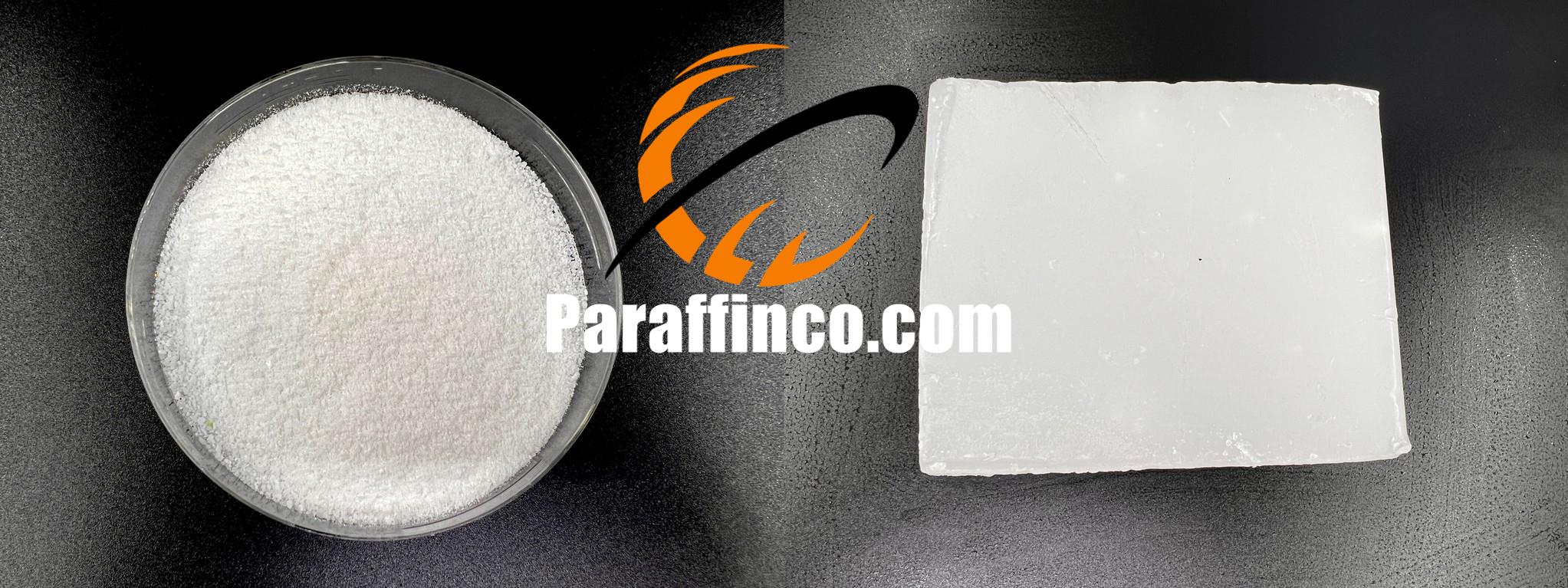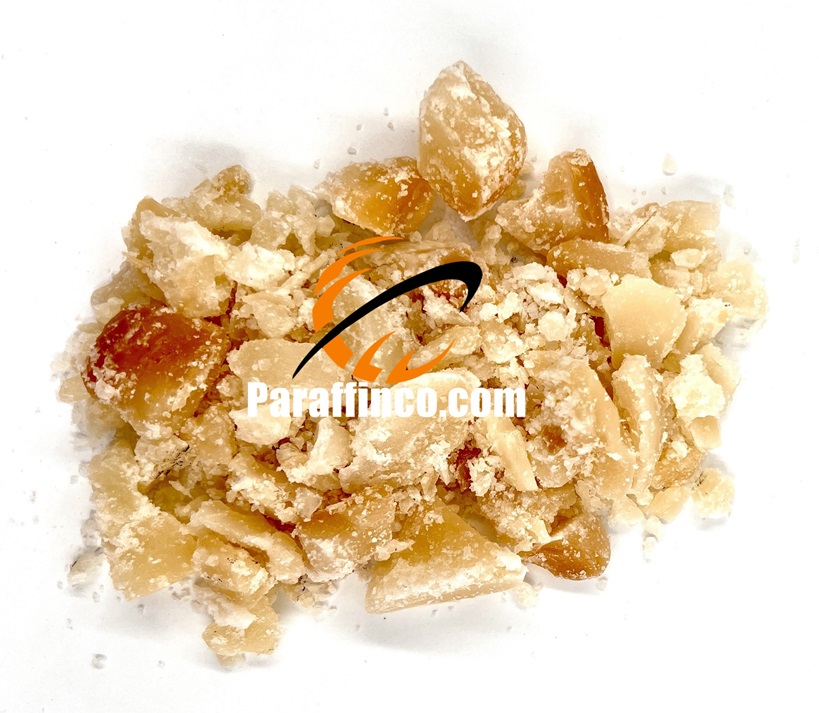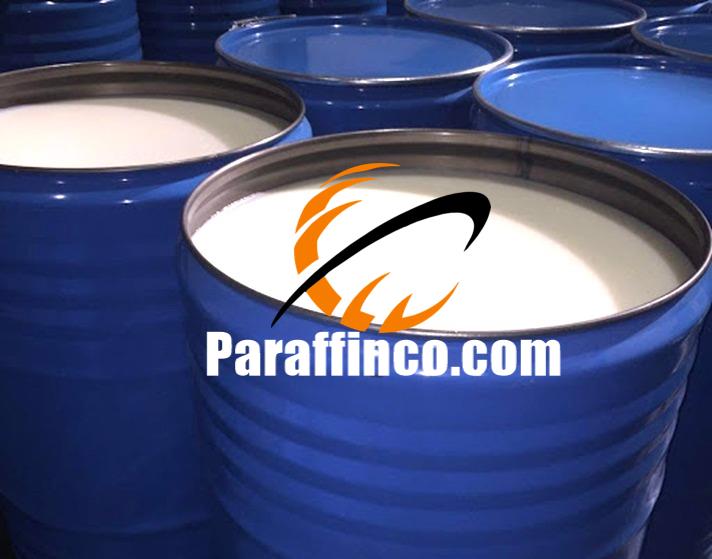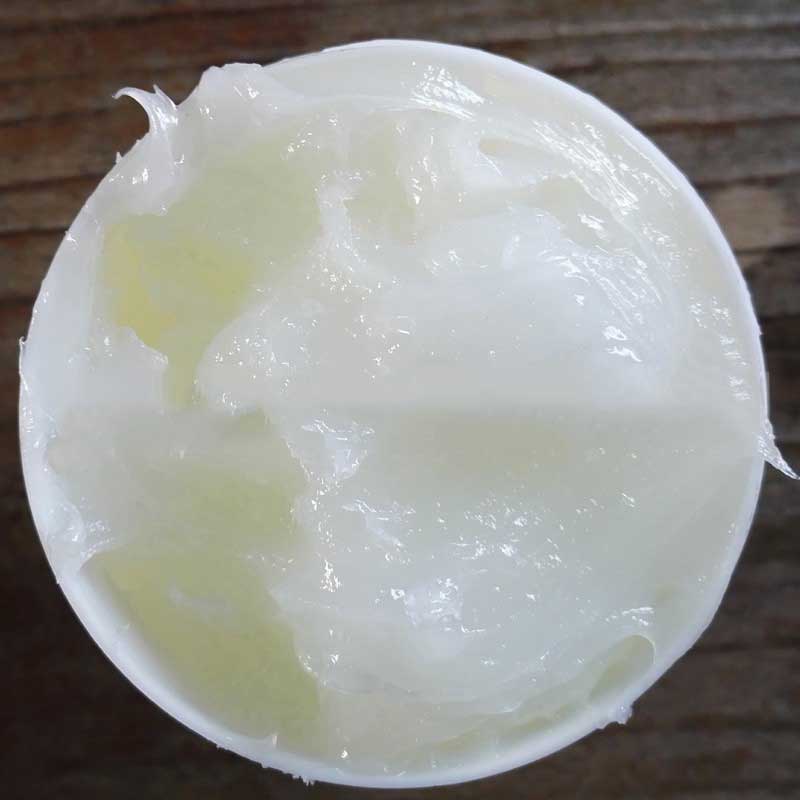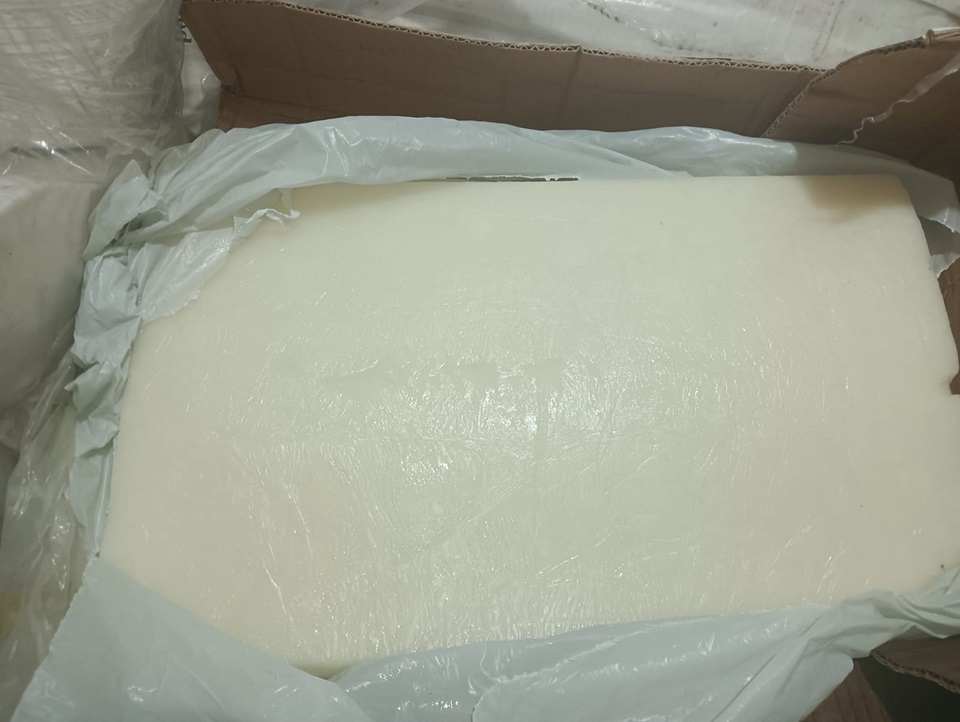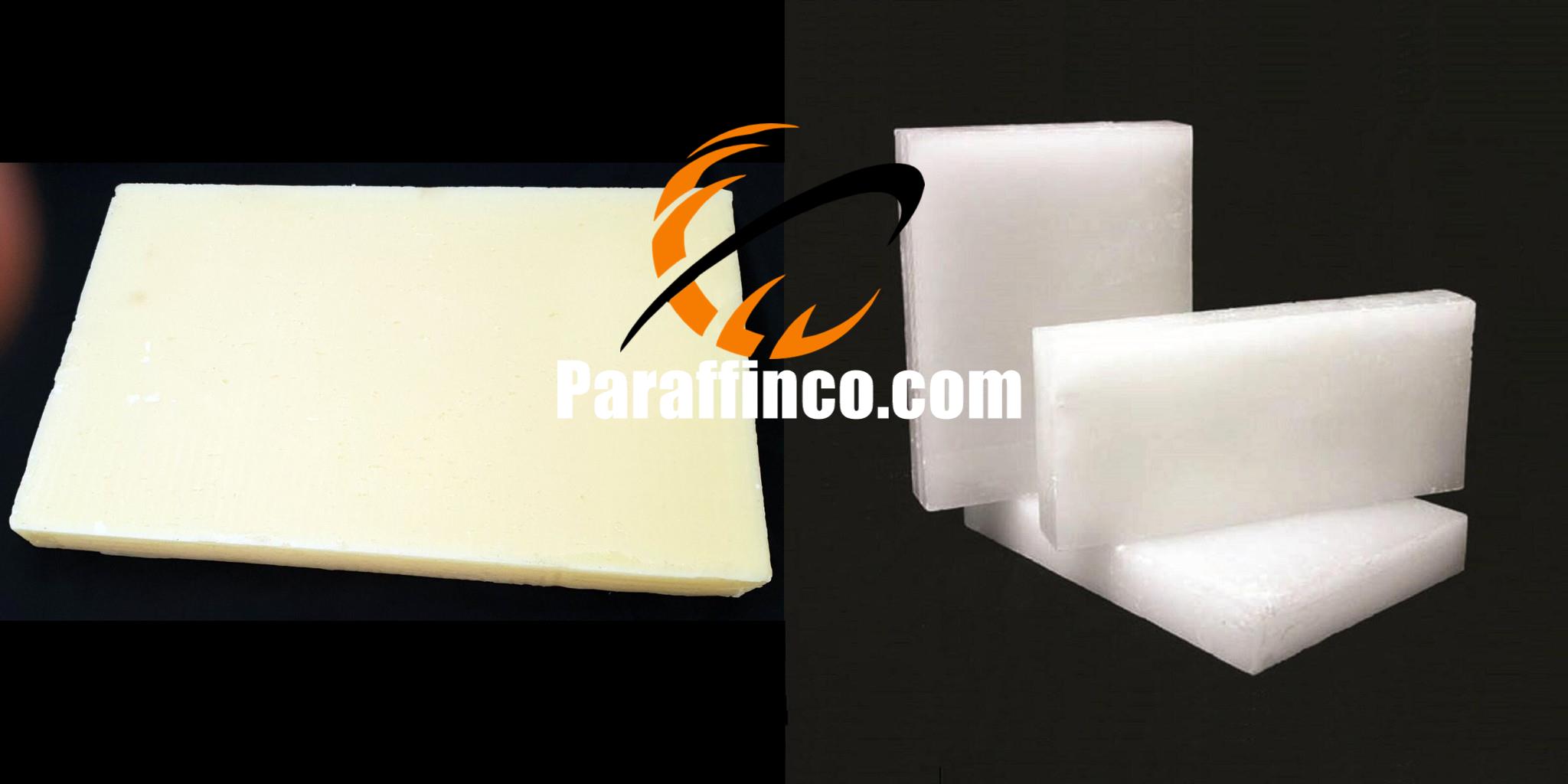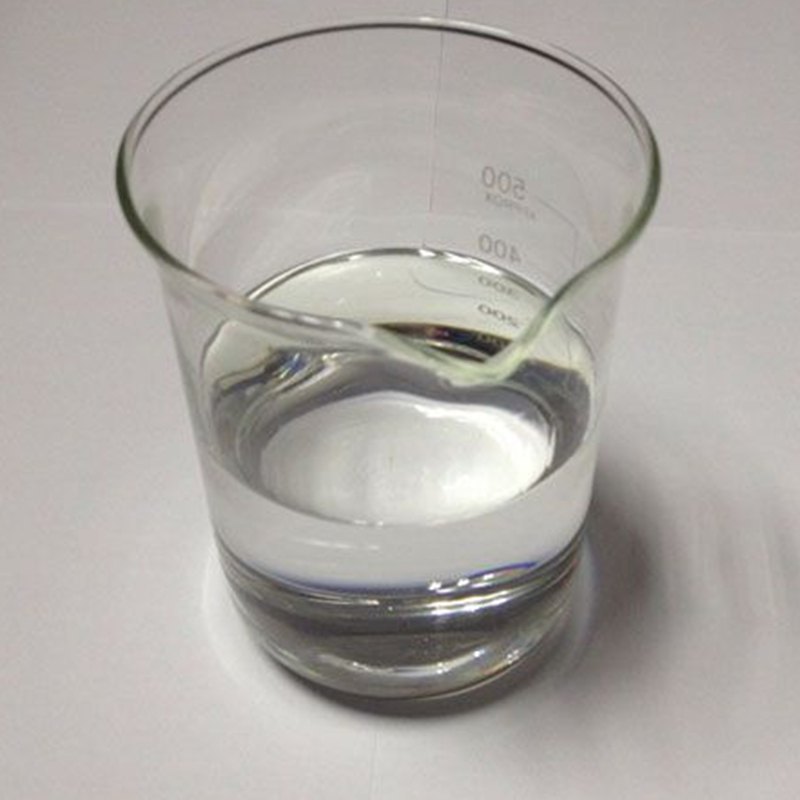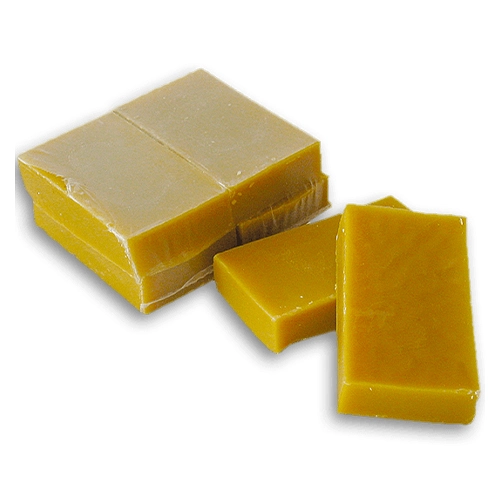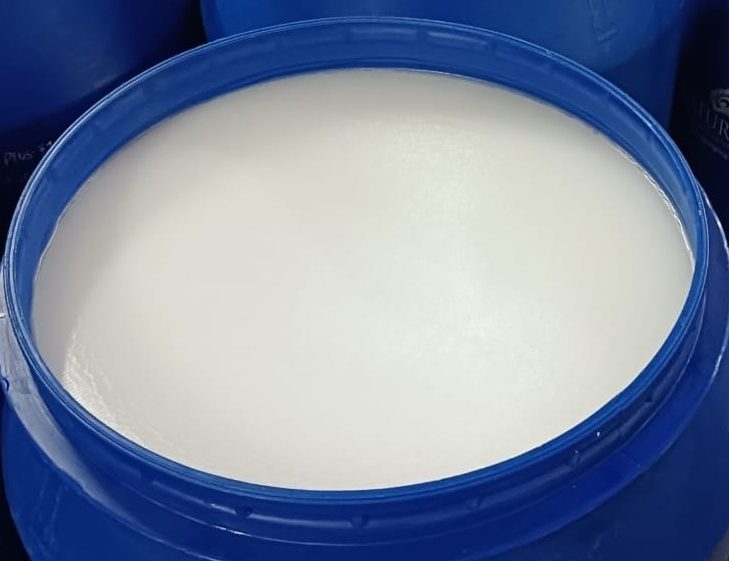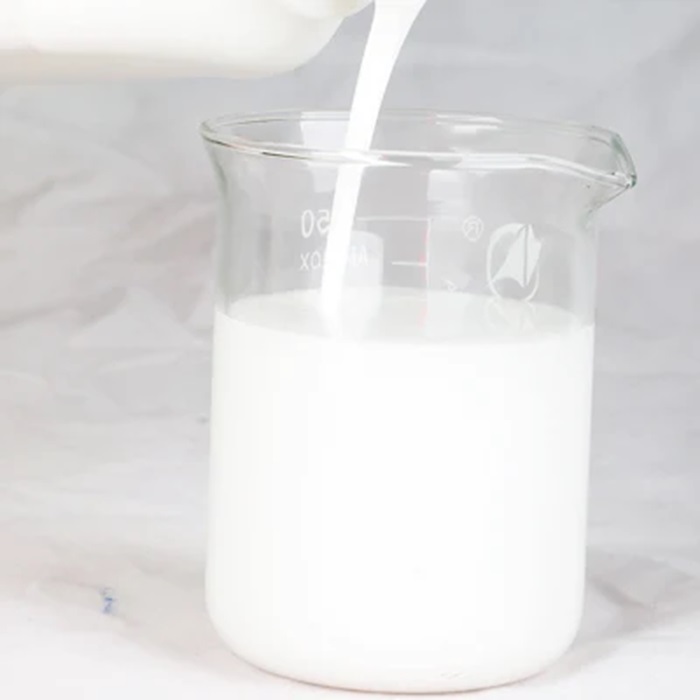Normal Paraffin in Cosmetics & Personal Care Products Normal paraffin, a saturated hydrocarbon derived from petroleum, is a versatile ingredient widely used …
Microcrystalline Wax and Its Uses & Applications in Food Processing Microcrystalline wax is a versatile material widely used in various industries, including …
Fully Refined Paraffin Wax and Its Composition & Features Features of Fully Refined Paraffin Wax, Its a high-quality wax that is extensively …
Industrial Petroleum Jelly and Its Properties, Uses & Advantages Industrial petroleum jelly, also known as Industrial Petrolatum, is a versatile and essential …
Light Slack Wax 10% Oil Content: Properties, Production, and Applications light slack wax with 10% oil content, Slack wax, particularly is an …
Paraffin Emulsion & Its Uses in Pharmaceuticals Uses of Paraffin Emulsion in Pharmaceuticals, Paraffin emulsion is a crucial component in various industrial …
Residue Wax & Its Composition, Characteristics, Uses & Much More. Applications of Residue Wax, Residue wax, also known as Foots Oil, is …
Liquid Paraffin and Its Properties, Applications, Benefits & Disadvantage. Industrial Applications of Liquid Paraffin, Liquid paraffin, also known as Mineral Oil or Paraffinum …
Paraffin Wax for Skin Care & Beauty Industry: Uses, Production & Benefits Paraffin wax for Skin Care and Beauty Industry, Paraffin wax …
Polyethylene Wax Vs Paraffin Wax: What are the Differences? Polyethylene Wax Vs Paraffin Wax, In the world of industrial applications, waxes play …
Slack Wax Uses, Key Properties and Specifications Uses and Specifications of Slack Wax, Slack wax is an intermediate product in the petroleum …
White Petroleum Jelly and Its Vast Uses & Applications in the Medical Industry Medical Uses of White Petroleum Jelly, White petroleum jelly, …
Petroleum Jelly and Its Uses, Application & Benefits in the Paper Industry Applications of Petroleum Jelly in the Paper Industry, Petroleum jelly, …
Semi Paraffin Wax and Its Uses, Applications, Advantages in Industries Paraffin wax is a versatile material widely used across various industries due …
Microcrystalline Wax Vs Paraffin Wax: Their Uses, Applications, and Advantages & Disadvantages Microcrystalline Wax Vs Paraffin Wax, Waxes have been used for …
The Role of Normal Paraffin in Synthetic Lubricants Normal paraffin, a key component in synthetic lubricants, plays a vital role in enhancing …
Heavy Slack Wax with Different Oil Content Percentages Heavy Slack Wax with Different Oil Content, Heavy slack wax is an intermediate product …
Snow White Petroleum Jelly and Its important Uses in Skin Care Snow White Petroleum Jelly Uses in Skin Care, Snow White Petroleum …
Paraffin Emulsion: The Secret Ingredient for Superior Coatings In the world of industrial applications, the quest for superior performance and efficiency is …
The Comprehensive Guide to Light Slack Wax and Its Uses in the Cosmetics Industry Applications of Light Slack Wax in the Cosmetics …

